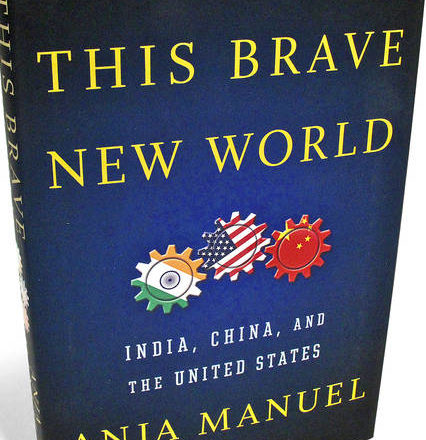A nation must think before it acts.
Since the dawn of the 21st century, India has watched with mounting alarm as China encircles it with deep-water ports and arms sales to nearby countries. New roads and tunnels cut through mountains from China into Pakistan, Nepal and Bangladesh: Manufactured goods can travel on them, of course—but tanks could too. Like nearly everyone else in Asia, the Indians are convinced that surging Chinese spending on army modernization and naval expansion is intended not only to protect China but also to intimidate its neighbors. China’s military rise has led India to boost its own defense budget, setting the two rising powers on course for a prolonged arms race.
The United States is still trying to figure out how to cope with this intensifying competition. In 2012 President Barack Obama vowed to offset rising Chinese power with a “pivot” of U.S. air and naval assets to Asia, but he never followed through. Declining American power and prestige are causing smaller nations to kowtow to China.
In “This Brave New World,” Anja Manuel offers up a thoughtful analysis of this Asian contest and a strategy for keeping it from turning violent. As a co-founder of a consultancy formed by Condoleezza Rice, Stephen Hadley and Robert Gates, she enjoys access to top policy figures, and much of what is new in the book comes from her conversations with senior officials in China and India.
Ms. Manuel highlights the mounting dissatisfaction with corruption among the upper and middle classes of both countries. The Chinese government, whose autocratic ways permit it to combat corruption more vigorously than India’s constitutionally limited government, has imprisoned high-profile officials and generals. But, Ms. Manuel notes, it is hard to know whether this campaign “will move beyond the pursuit of trophy targets and bring about institutional reform.”




